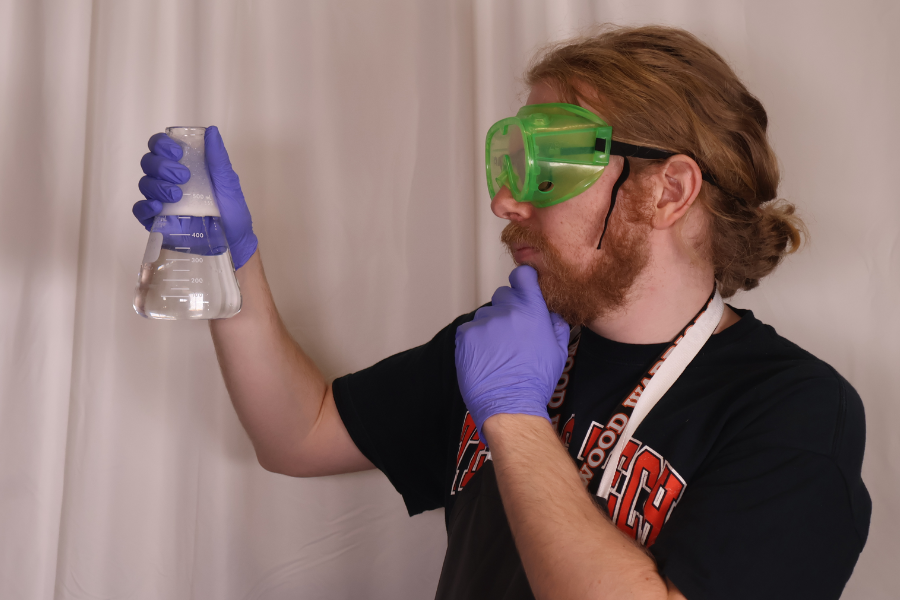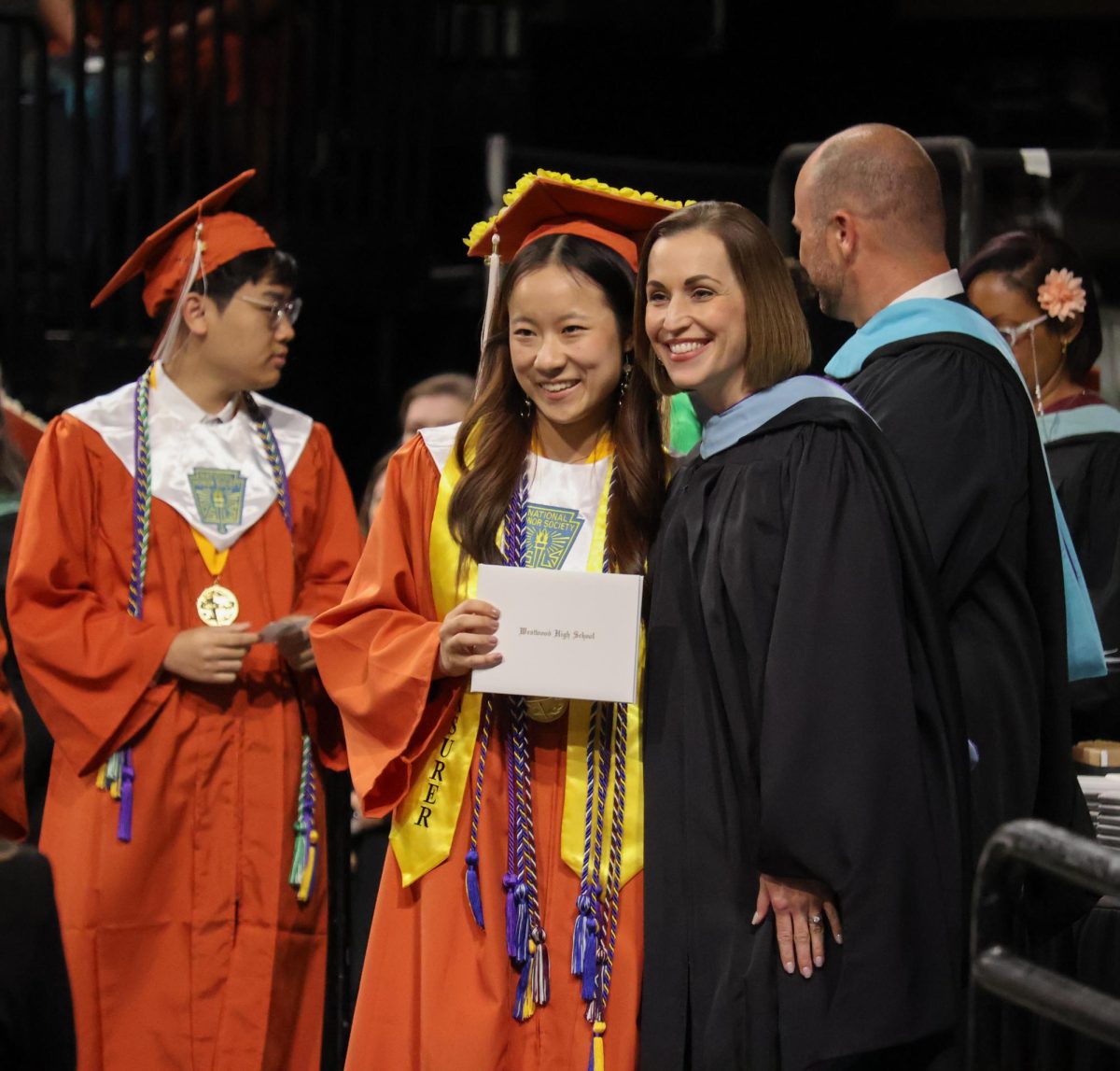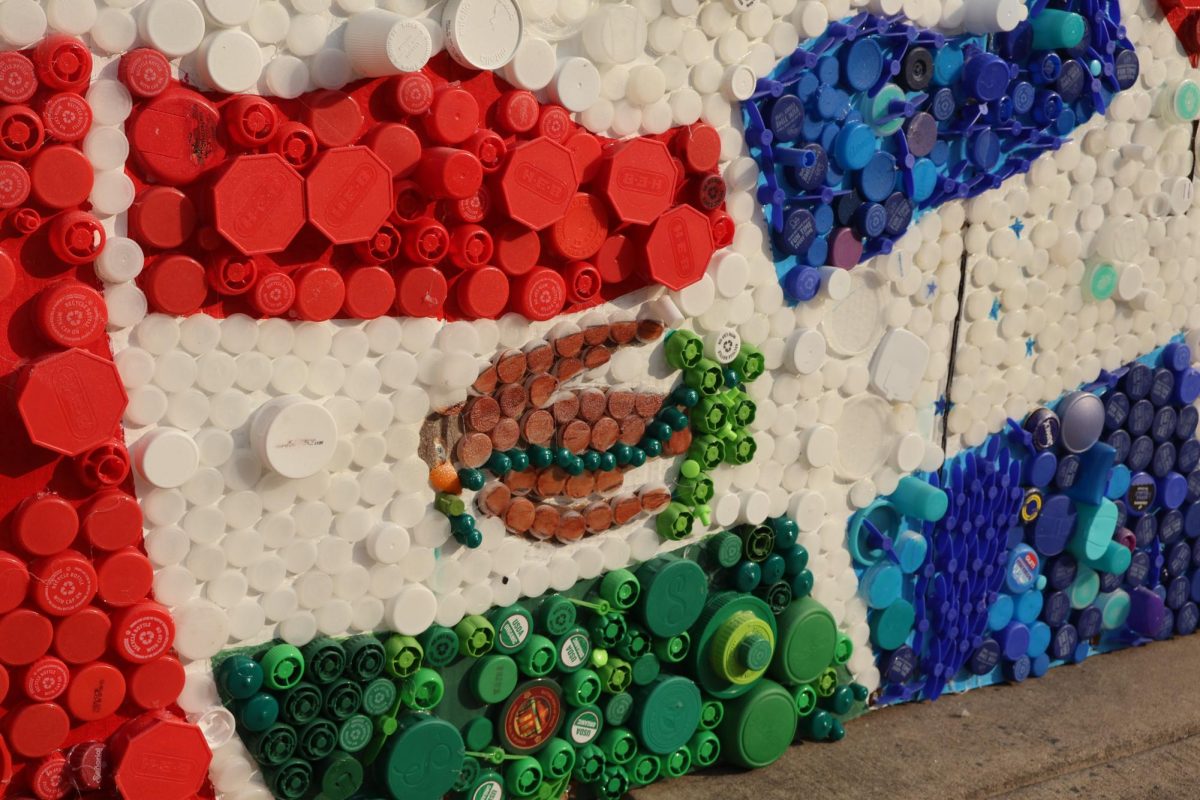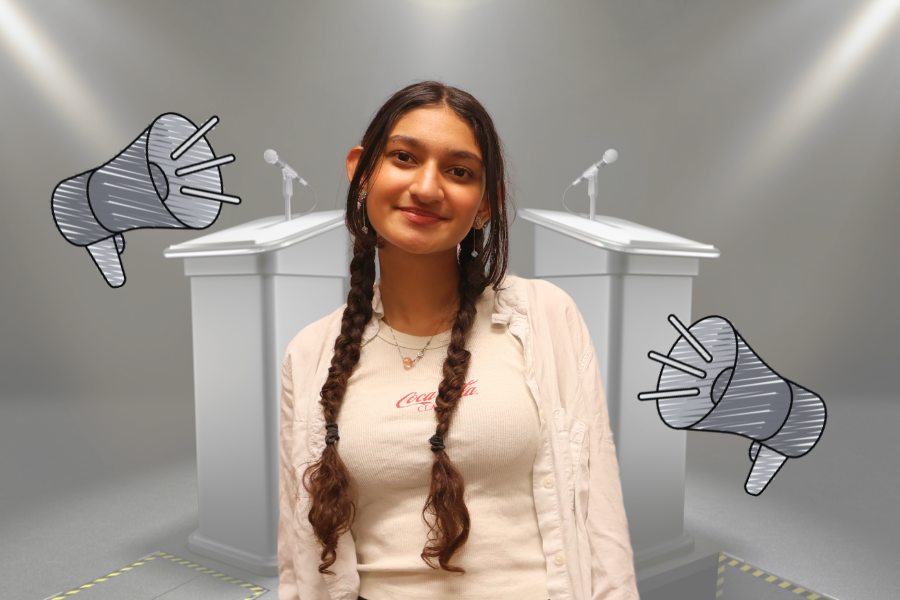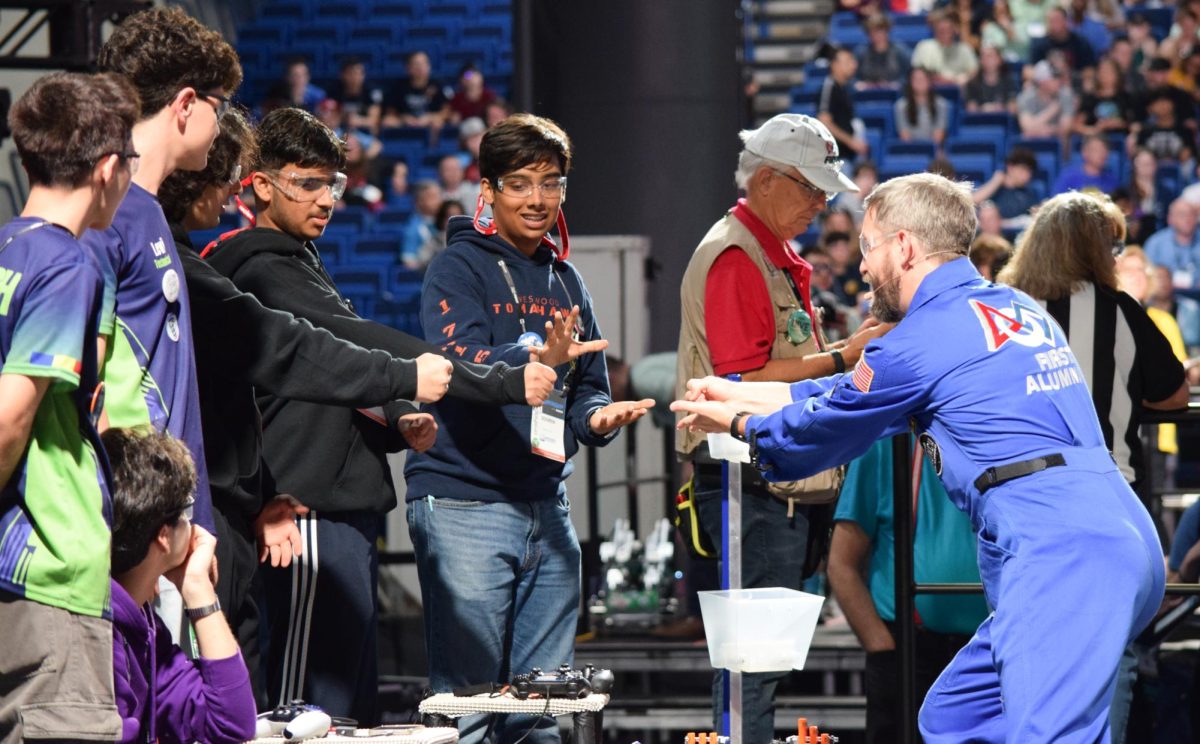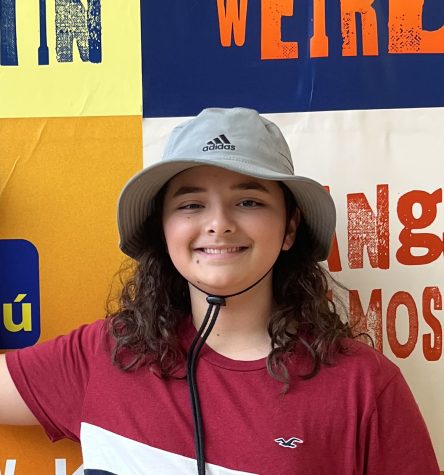Walking into Mr. Joseph Griesel’s chemistry class on the first day of school was an experience many recounted as rather strange. Many juniors walked into their first (International Baccalaureate) IB science class ever, likely surrounded by many people they don’t know, and faced with a brand new-to-Westwood chemistry teacher. This unease faded quickly though, as students began settling in and diverting their attention to the syllabus presentation. But one question remained unanswered: Who is Mr. Griesel?
Inspired by the lessons imparted to him by his high school chemistry teacher, Mr. Griesel obtained a chemical engineering degree from Texas Tech University in an effort to be able to apply his love for chemistry out in the field.“While in college, there were a lot of things related to the industry and field that I did like,” Mr. Griesel said. “There were also things I didn’t like. That continued as I went out into the field and worked as an engineer for a few years.”
Trying to find his place in the world of chemical applications, Mr. Griesel settled into the regulatory industry and took up a position at the Texas Commision on Environmental Quality (TCEQ).
“[The regulatory industry] is all about making sure that other chemical industries do not overextend themselves,” Mr. Griesel said. “To some degree [we were a watchdog agency]. Companies would send the TCEQ reports on their industrial activities, and [the TCEQ would] have to prepare permits for them.”
But, even after a few years at the TCEQ, Mr. Griesel still felt as though it just wasn’t the best option suited for his personality or professional needs.
“By no means did I have a bad time in the industry or when working at TCEQ,” Mr. Griesel said. “But I prefer a job that has me interacting on a face to face level more. Some aspects of the engineering industry just weren’t a good fit. By that, I just mean I didn’t enjoy it as much. I was wondering what other kinds of careers I could break into with a chemical engineering degree, and I felt like teaching would be pretty fascinating, and I was right, I’m enjoying it a lot and I’m happy to be here.”
For his first job in the teaching profession, Mr. Griesel initially taught math. But he still continued to be fascinated by chemistry, and upon receiving the chance to teach it, he decided to jump on the opportunity.
“I think there is nothing more exciting and fascinating than [chemistry],” Mr. Griesel said. “Everyone loves the hands-on aspect of [chemistry]. When I ask my classes ‘what are you most excited about [in chemistry],’ they all say ‘labs, labs, labs.’ How cool [chemistry] is speaks for itself. It’s fascinating the way that understanding things on the microscopic, sub-microscopic, and even atomic level gives rise to how the macroscopic world around us can be better understood and in some ways, even controlled or manipulated.”
For Mr. Griesel, his decision on becoming an IB chemistry teacher rather than an AP chemistry teacher was heavily influenced by the IB program’s focus on the “inquiry” personality trait of students.
“I think the ultimate role of a teacher isn’t to teach just straight up content knowledge,” Mr. Griesel said. “It’s to teach students how to approach and interact with the problems that they’re going to have both on an exam but also in their careers. In the STEM field, there is not necessarily going to be an example problem for you to copy off of. You need to learn how to prioritize things, put things in order, and come up with a plan to solve things, and IB, through its lens of inquiry, is, I think, the best way to get there for a lot of students.”
Excited about what the future holds, Mr. Griesel anticipates a positive educational journey this year.
“It’s something almost ineffable,” Mr. Griesel said, “But I just have a good [feeling] for how this year is gonna go. Teaching, like many things in life, is something where you can learn immensely from your mistakes and learn immensely from people around you with a huge amount more experience.”

